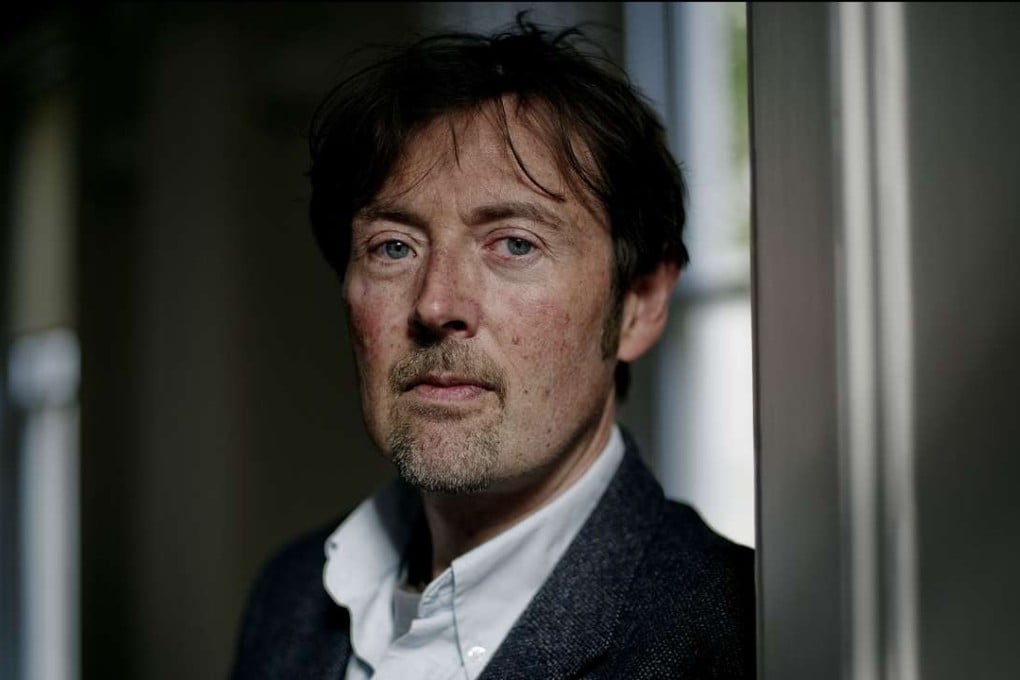Review | Acclaimed novelist D.B.C. Pierre on writing, and how it saved him from his dissolute life
The 2003 Booker Prize winner says he wrote Vernon God Little when he’d run out of options. So what to make of his new writing guide, with its mix of memoir and advice – is it all a grand joke?


By D.B.C. Pierre
Faber & Faber
It wasn’t until I was really cornered, until I had begun to run out of options, that I began to write, which as a youngster, I thought would be the most difficult thing to do. I didn’t think I had the stamina or the ability. I punched myself into a corner and eventually that was all I had.”
So says D.B.C. Pierre, describing the desperation that produced his extraordinary debut novel, Vernon God Little. Broke, nearing 40 and going nowhere in London after a decade of dissipation, drifting and deception, Pierre threw a creative Hail Mary pass that was caught by Faber & Faber. In 2003, Vernon God Little won the Whitbread First Novel Award and one of the biggest prizes of them all: the Man Booker. Pierre immediately announced he’d use the prize money settling debts he had run up during his wild years.
Such swings of fortune seem to dog Pierre. He learned Vernon God Little was going to be published an hour before the first plane crashed into the World Trade Centre. His reputation is that of the literary world’s contrarian-in-chief or its prime scoundrel. Famously described as a “conniving bastard” (by himself), he admitted to swindling his close friend, the painter Robert Lenton, out of his home. The initials in his nom de plume stand for “Dirty But Clean”, a nickname invented by another friend who believed that whatever Pierre tried would achieve the opposite effect.
People with conflict are the ones who feel they should write, and are the ones that should write. I was quite f***ed up. It is therapeutic. Art should comfort the disturbed and disturb the comfortable
